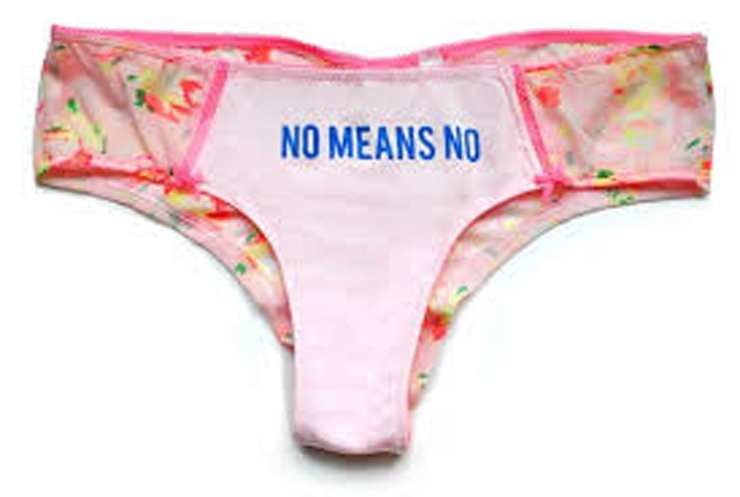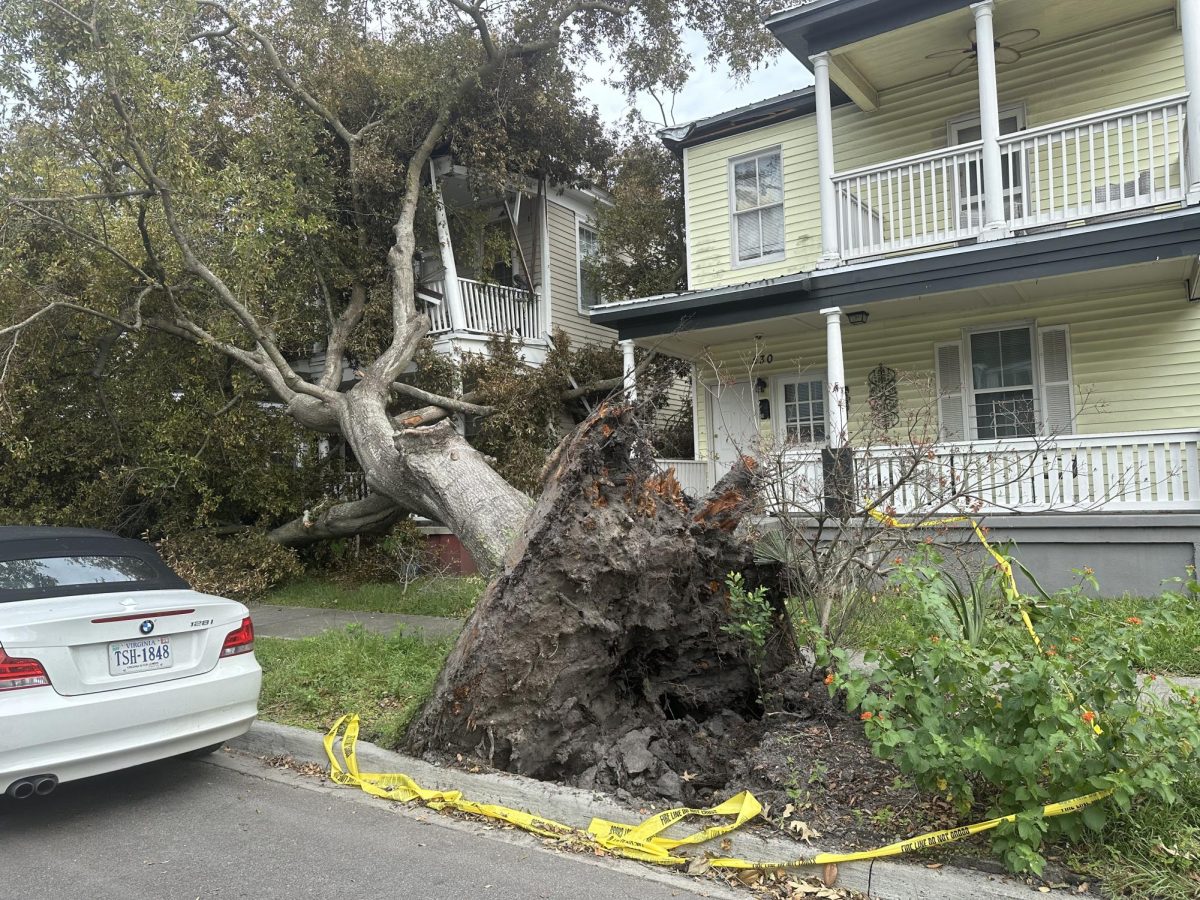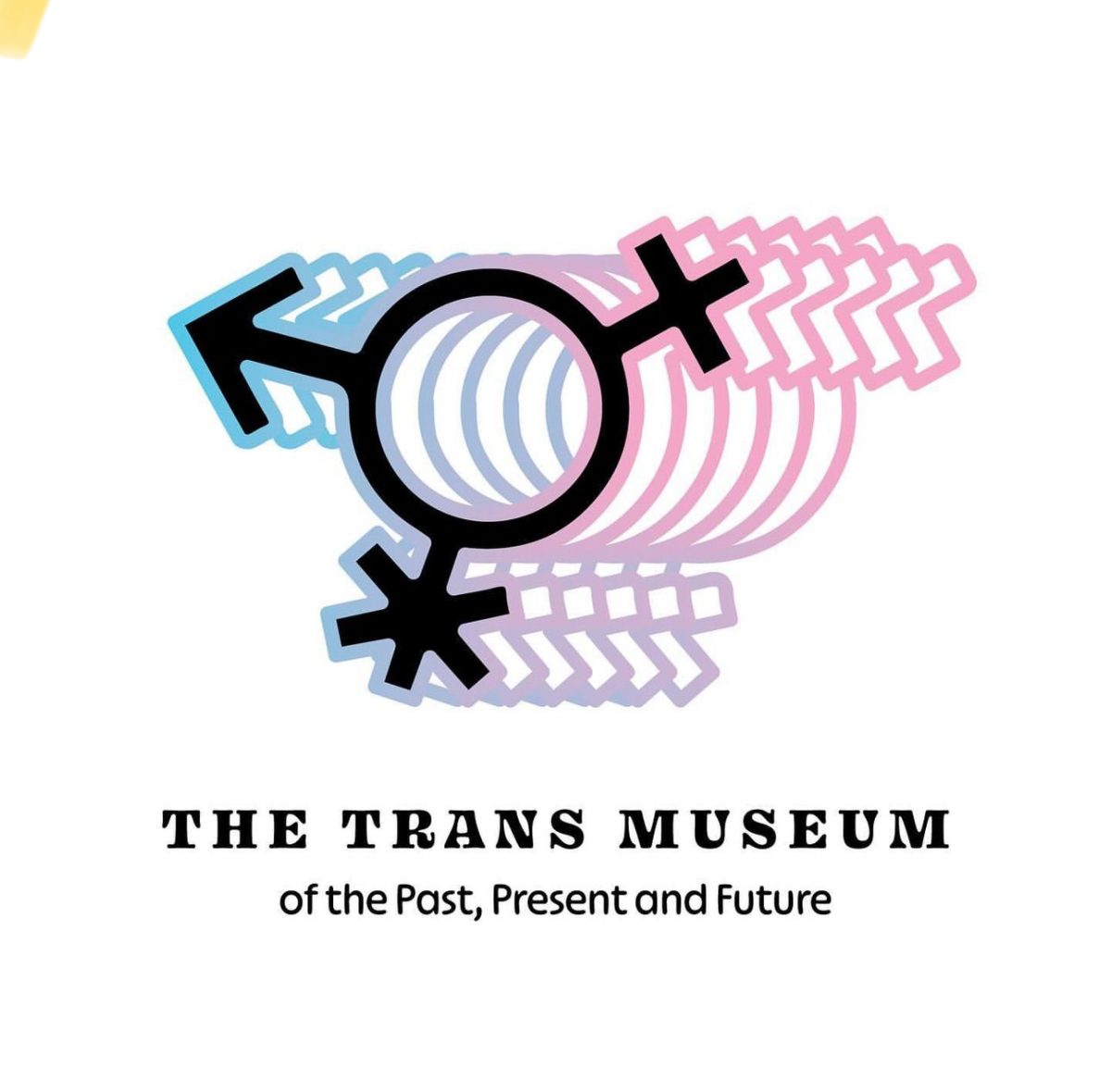By Ruby Rizvi, News Editor
As generational shifts change, so do moral ideals, pop-culture fads, and societal norms.
One norm within society that has plagued our generation is that of rape culture, which has taken on many forms and shows no prejudice.
The term “rape culture” was coined to signify the passive attitude towards the concept and act of rape, the victims and the normalization of physical, mental and emotional aggression towards a person, particularly women.
Over the past 30 years, rape culture has taken the world by storm and it’s a problem that almost all cultures face.
India is assumed to be the rape capital of the world, with approximately 300,000 crimes against women being reported annually and over 25,000 of those being rape cases. In the more recent years, India has seen increases in the number of reported cases. However, the voices of those harassed have not gone unheard.
Men, women, elderly and adolescents came together this past week in Mumbai to protest against the unequal treatment of women in India.
The protesters marched to fight for the social and economic equality of women. Although the government has already put laws in place protecting women and victims of harassment, many feel it is not enough to stop to the rising number of sexual assault incidents.
Protests and rallies have been popping up across the country in an attempt to create a safer environment for women.
Head of the Office of Multicultural Affairs Nashia Whittenburg said, “As women, it becomes our responsibility to make a change. We need to get more men to be our allies. We also need to start educating men young about how to treat women.”
India, however, is not the only country that suffers from numerous cases of rape and harassment. The National Rape Crisis Center reported that United States has the highest number of rape cases in the world, with an overwhelming average of 84,000 rapes reported a year.
Despite this, many still argue that rape and rape culture is not a problem. “I believe that rape culture is real, and that it a problem,” Whittenburg said. “It is real, and it’s caused by the misinterpretation, intentional or not, of social and religious ideologies. It’s also caused by a generational disrespect of women.”
Sophomore political science major and Vice President of Armstrong’s Feminists United group Marisol Estrada also believes that rape culture is a problem.
“You see it every day from the way we shame girls for what they’re wearing to how we treat our women.”
She went on to say that she feels as if we as people are promoting rape. She said that instead of just having workshops for women teaching them how to defend themselves and producing pepper spray for self-defense, we should be teaching boys not to rape. “You don’t teach someone not to get shot, you teach people not to shoot.”





